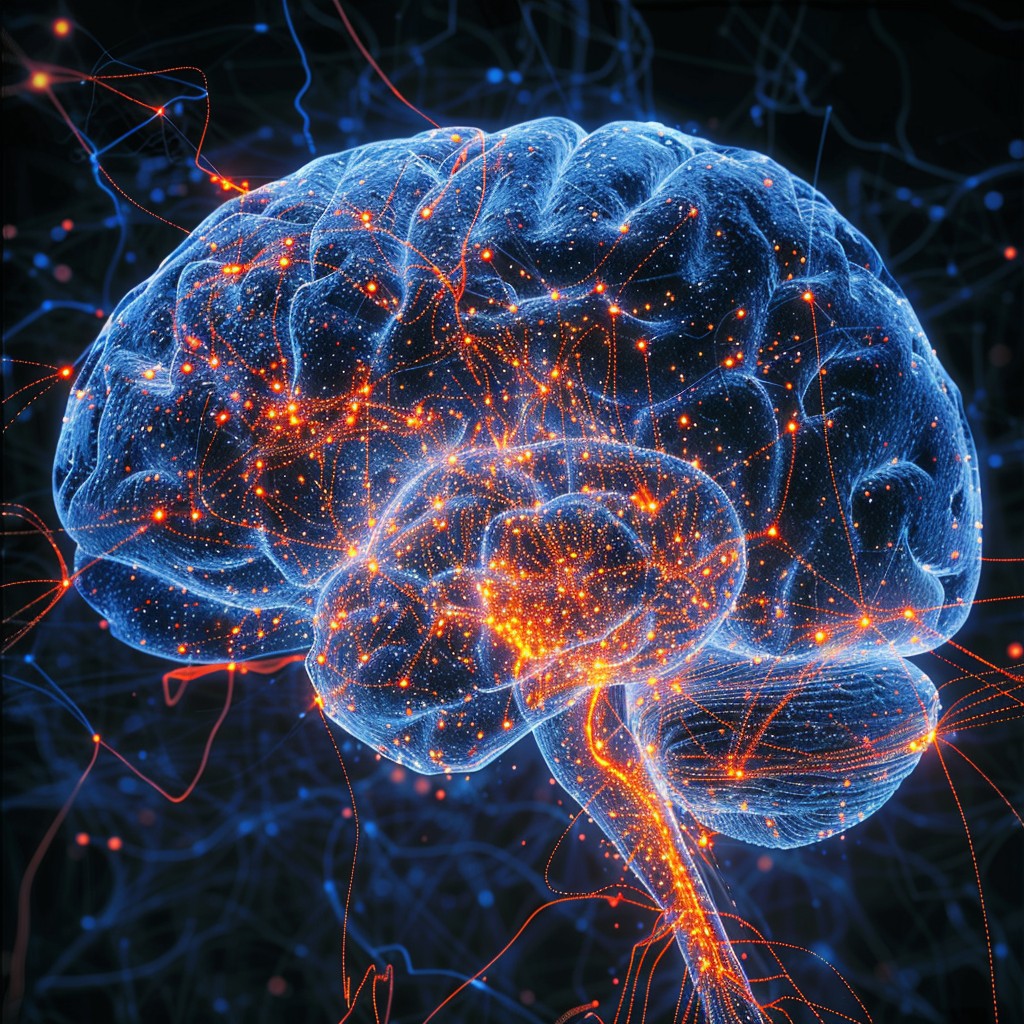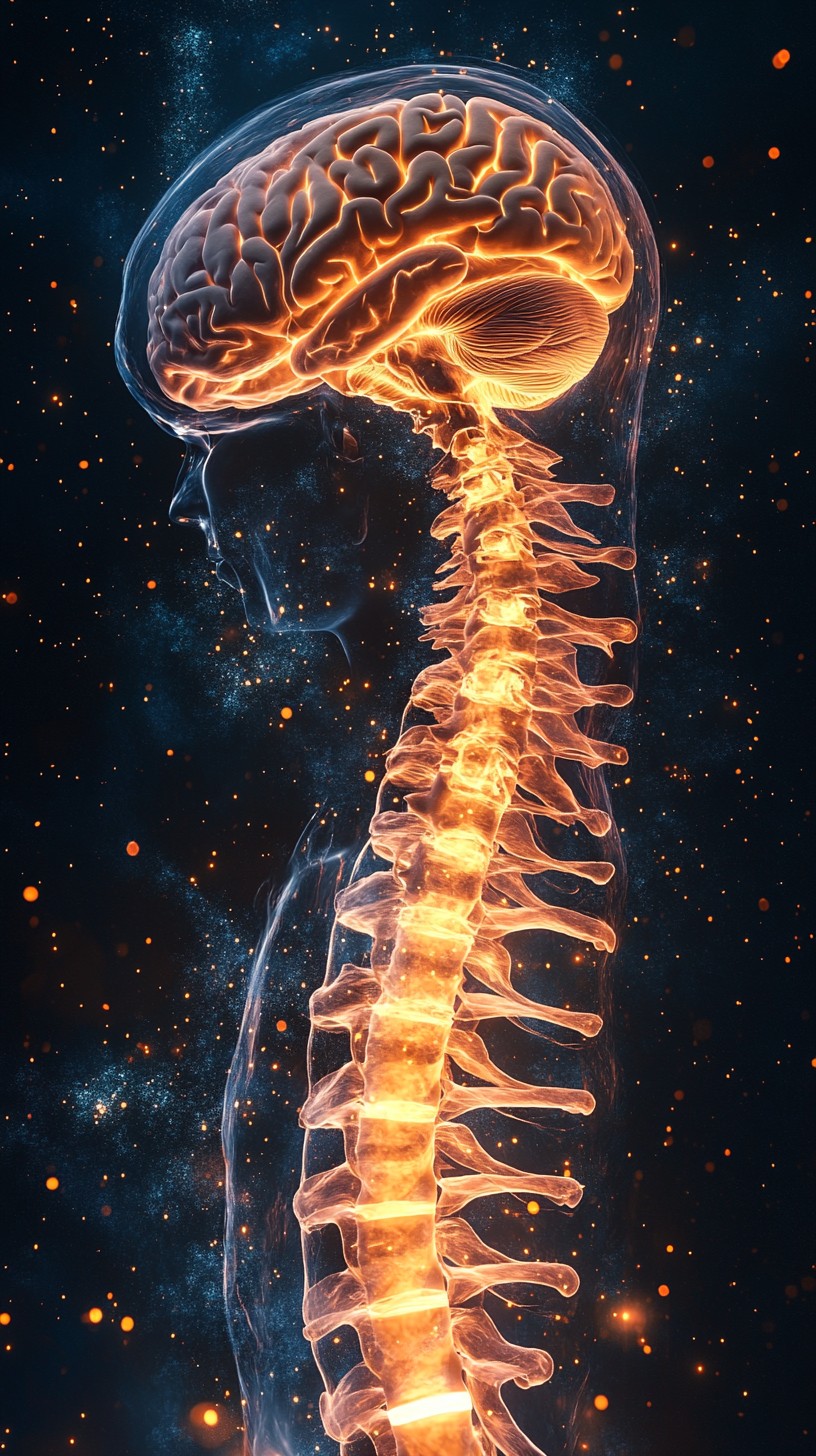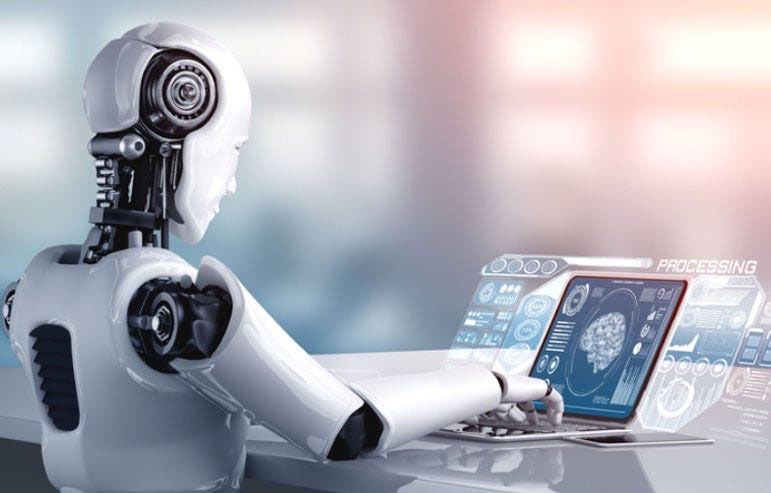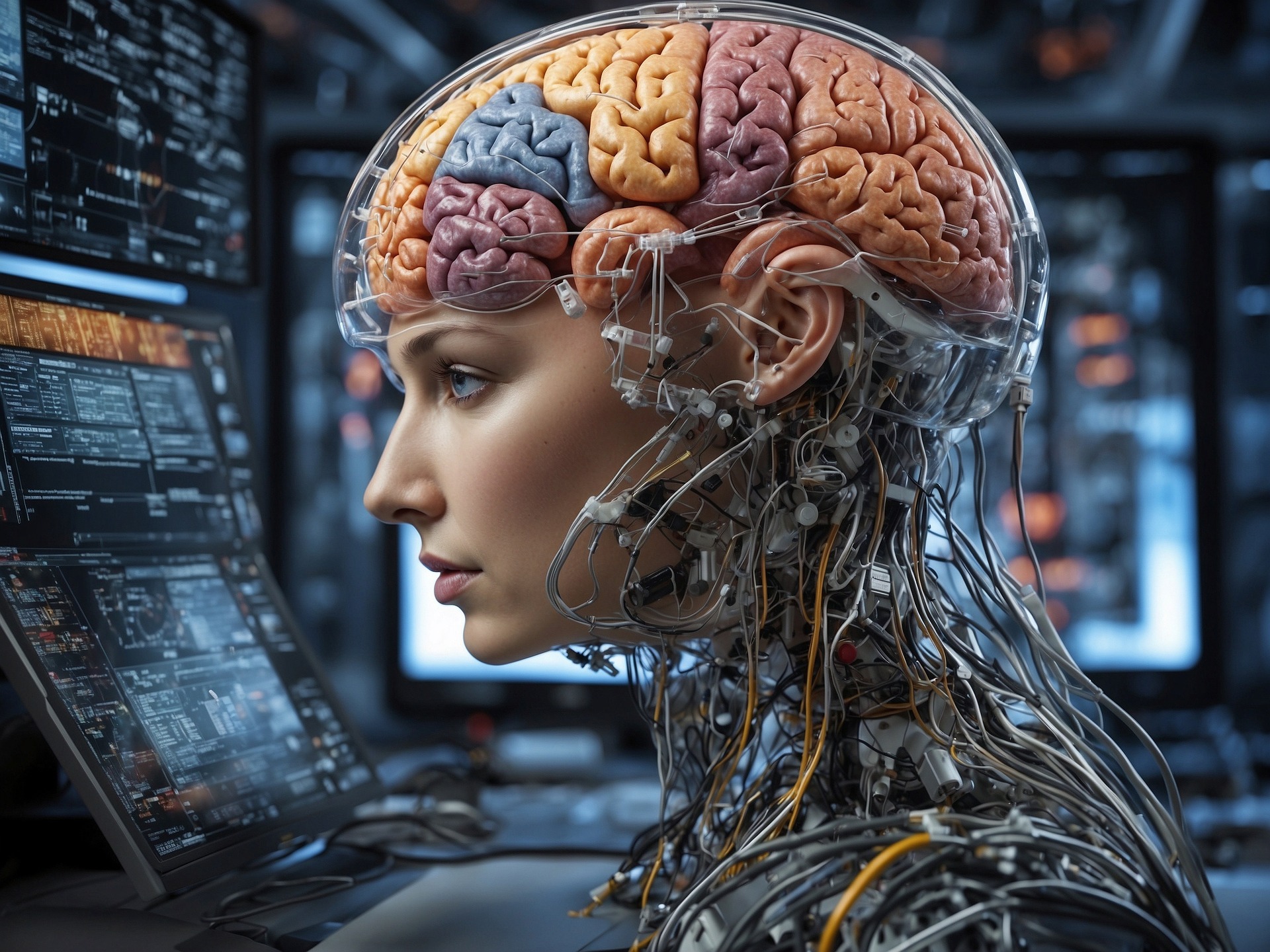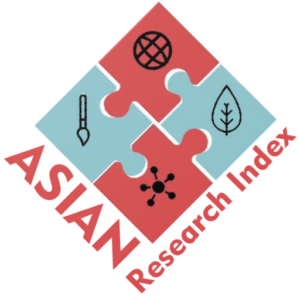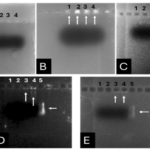Plastic pollution has become one of the most pressing environmental issues, as the rapid increase in the production of single-use plastic products overwhelms the world’s ability to deal with it. Consequently, there has been a relentless research effort to create environmentally friendly alternatives to plastics that support the circular bioeconomy, reducing waste and reducing carbon footprint for a more sustainable future. Cyanobacteria, also known as blue-green algae show promising ability to produce citramalate, a key component of sustainable plastics such as transparent plastic. These photosynthetic microorganisms show the ability to use sunlight to convert carbon dioxide, a major greenhouse gas, into useful organic materials. Notably, they offer a sustainable alternative to conventional methods by producing valuable products from carbon dioxide. Citramalate is produced in a single enzymatic step by combining two metabolites: pyruvate and acetyl-CoA. By carefully adjusting factors such as light intensity, carbon dioxide levels, and nutrient availability, the researchers achieved a dramatic 23-fold increase in citramalate production by optimizing key process parameters. Initially, the researchers produced only small amounts of citramalate, and later used a systematic “design of experiment” approach to investigate how the different factors interacted. This led to increased citramalate production. This technique could be used to create other environmentally friendly materials. This is because pyruvate and acetyl-CoA are also used to create many other important biomolecules, such as biofuels and pharmaceuticals.
Renewable Plastic from Carbon Dioxide Using Cyanobacteria




